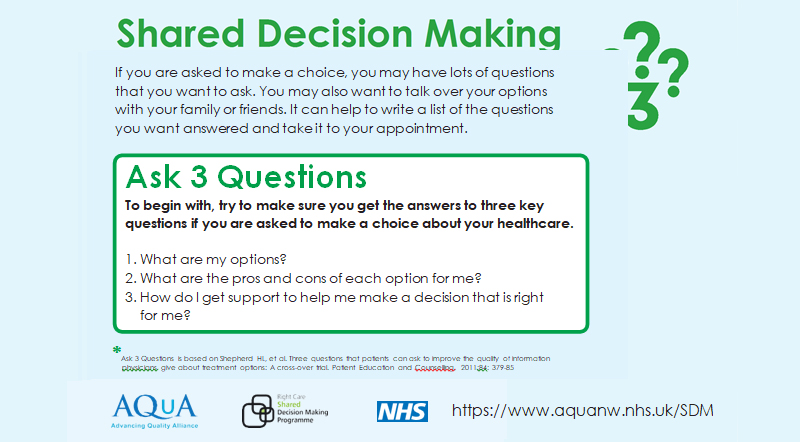Website maintained by Bageo Pharmaceuticals Pvt Ltd. All Rights Reserved
About this information
This information is for you if you are pregnant or are planning to have a baby. It outlines the effects of drinking alcohol on your baby’s development in the uterus (womb). It may also be helpful if you are a partner, relative or friend of someone who is pregnant or planning a pregnancy and want to know more about the effects of drinking alcohol during pregnancy or while planning to have a baby.
A glossary of all medical terms is available on the RCOG website at: www.rcog.org.uk/en/patients/medical- terms.
Key points
How will drinking alcohol affect my unborn baby?
Avoiding alcohol during pregnancy is the safest option. There is no proven safe amount of alcohol a woman can drink during pregnancy.
If you drink alcohol during pregnancy, some alcohol will pass through the placenta to your baby. The more you drink the greater is the risk of harm to your baby.
Drinking heavily during pregnancy can:
The more you drink, the more your baby’s growth will be affected and the less healthy your baby will be. However, if you cut down or stop drinking altogether, your baby will start to grow at a normal rate. Stopping drinking at any point during pregnancy can be beneficial. However, in some instances, the effects of heavy drinking on your baby cannot be reversed.
What are fetal alcohol spectrum disorder (FASD) and fetal alcohol syndrome (FAS)?
Drinking heavily during pregnancy can cause fetal alcohol spectrum disorder (FASD) or fetal alcohol syndrome (FAS).
While FASD is less severe than FAS, children with FASD can have learning difficulties, problems with behaviour, physical disability, and emotional and psychiatric problems that last a lifetime. Whether or not a baby is affected mildly or severely with FASD is directly linked to how much and how often a woman drinks during pregnancy.
Heavy drinking of alcohol or drinking alcohol regularly in pregnancy is harmful for babies and may result in a serious condition called fetal alcohol syndrome (FAS). Children with FAS usually have severe physical and mental disability. For more information, see the resources available from NOFAS (National Organisation for Foetal Alcohol Syndrome-UK) at: www.nofas-uk.org.
What if I am thinking of having a baby?
If you are planning a pregnancy, it is advisable not to drink alcohol during this time. Either partner drinking heavily while trying to become pregnant, can make it more difficult to conceive.
I have just discovered I am pregnant and I have been drinking. What does this mean for my baby?
Most babies will be fine. Talk to your midwife or doctor who will be able to advise you.
Will I be asked how much alcohol I drink when I am pregnant?
At your antenatal appointment, your midwife will ask you about your medical history and your lifestyle. This will include talking about your alcohol intake, if any.
Your midwife will offer you information and support on how to cut down or stop drinking alcohol.
Can I drink alcohol if I want to breastfeed?
The safest option is to avoid alcohol during breastfeeding as alcohol can find its way into your breast milk. Regular drinking during breastfeeding may affect your baby’s development.
If you do choose to drink, it is safest not to drink more than 14 units per week and best to spread your drinks evenly during the week.
Support for you
There are a number of reasons why women might drink too much alcohol while they are pregnant:
If you would like to talk to someone about your drinking, you can speak to your midwife, obstetrician, practice nurse, GP or health visitor. Once they know how you are feeling and why you are drinking, the person you tell will be in a better position to offer you the right help and information.
It may be helpful to think about the questions below:
You will be supported directly or given advice about where to find local counselling or support services available to you. See the Further information section below.
Making a choice

Further information
UK Chief Medical Officers’ Low Risk Drinking Guidelines (Department of Health, 2016), which is available at: www.gov.uk/government/publications/alcohol-consumption-advice-on-low-risk-drinking
Drinkline is the national alcohol helpline: if you’re worried about your own or someone else’s drinking, you can call this free helpline, in complete confidence; call 0300123 1110 (weekdays 9 am to 8 pm, or weekends 11 am to 4 pm)
NOFAS-UK (National Organisation for Foetal Alcohol Syndrome-UK): www.nofas-uk.org The FASD Trust: www.fasdtrust.co.uk
Sources and acknowledgements
This information has been developed by the RCOG Patient Information Committee. It is based on the UK Chief Medical Officers’ Low Risk Drinking Guidelines (Department of Health, 2016), which is available at: www.gov.uk/ government/publications/alcohol-consumption-advice-on-low-risk-drinking.
This leaflet was reviewed before publication by the RCOG Women’s Network and by the RCOG Women’s Voices Involvement Panel.